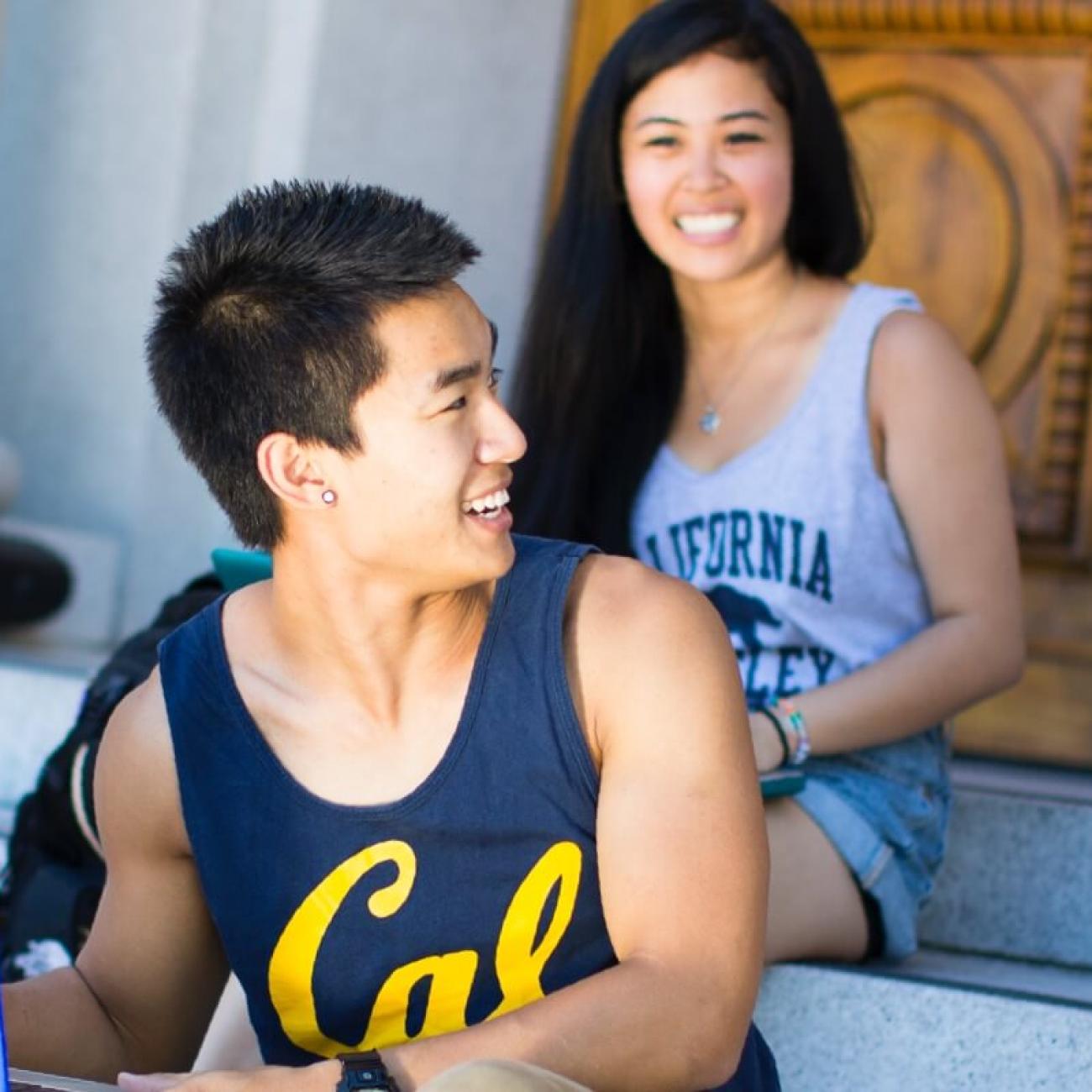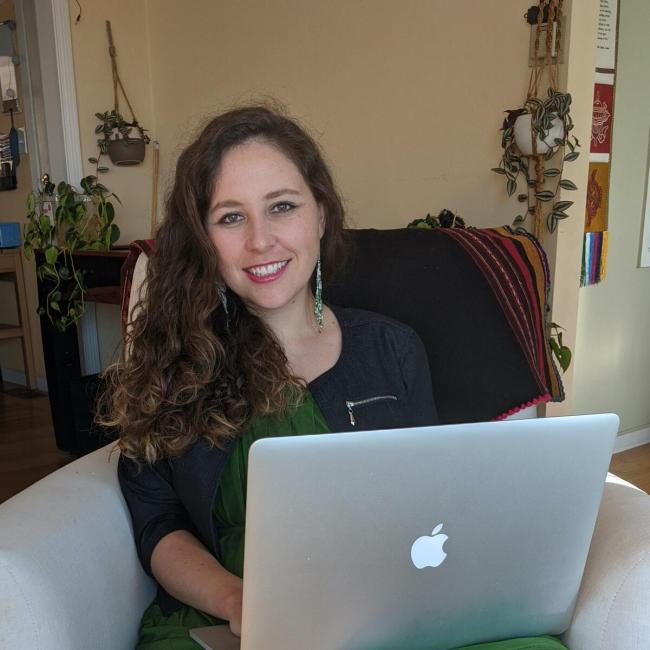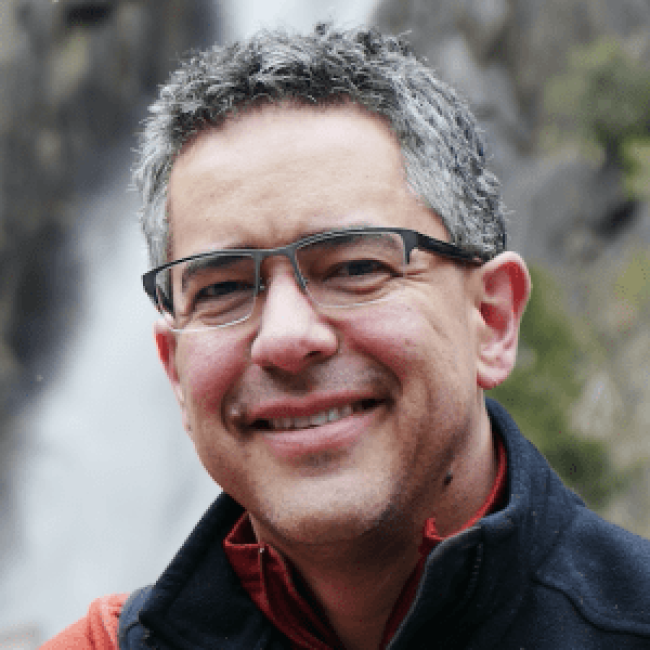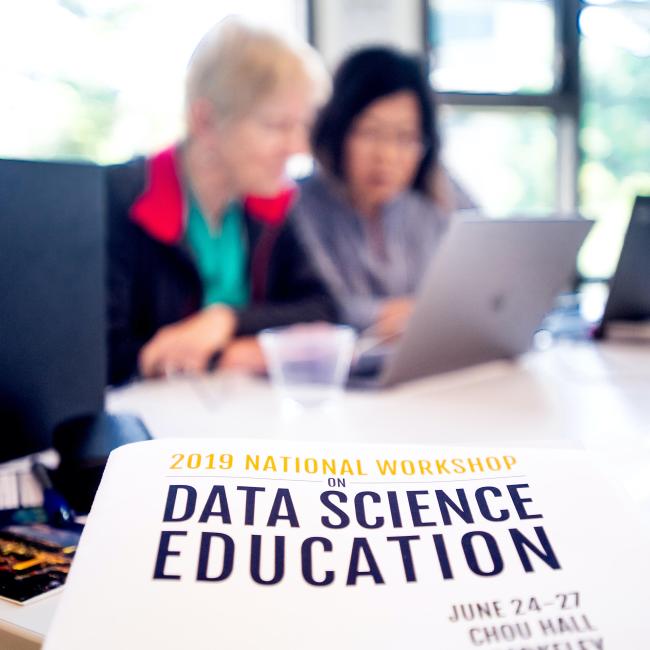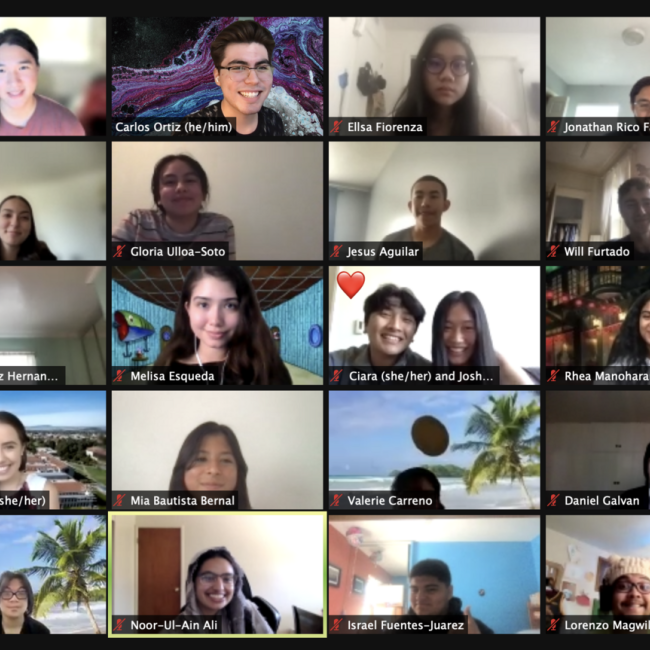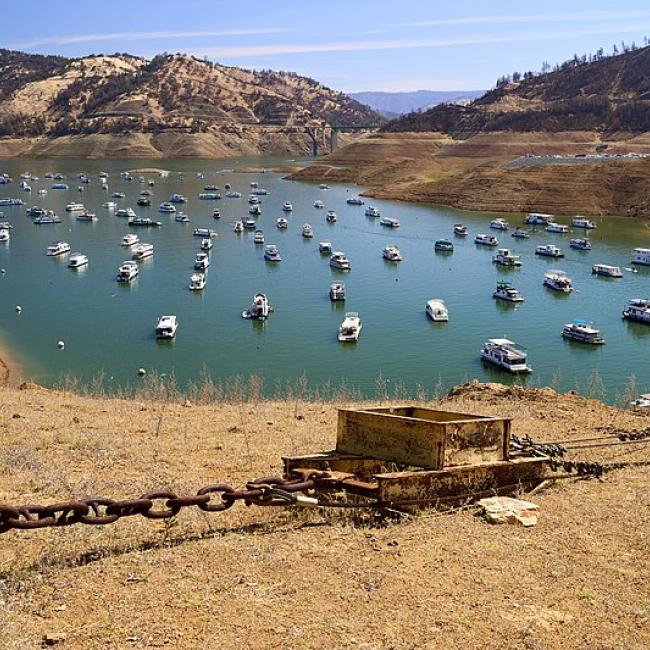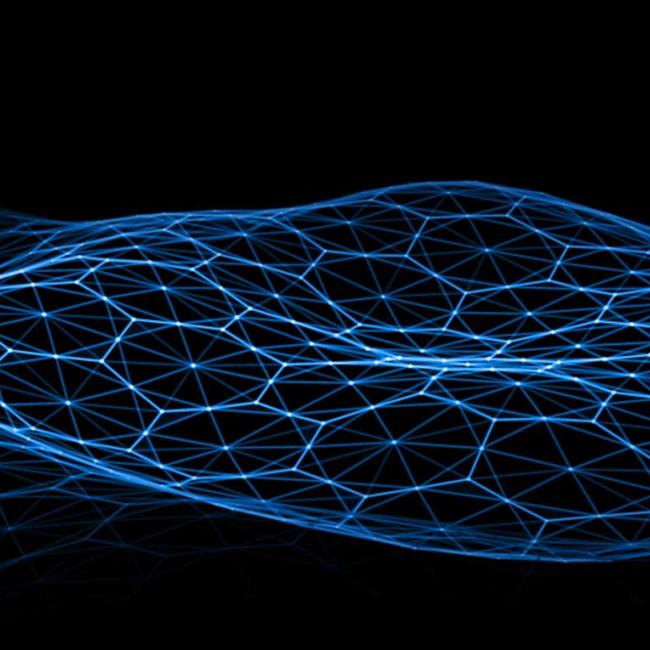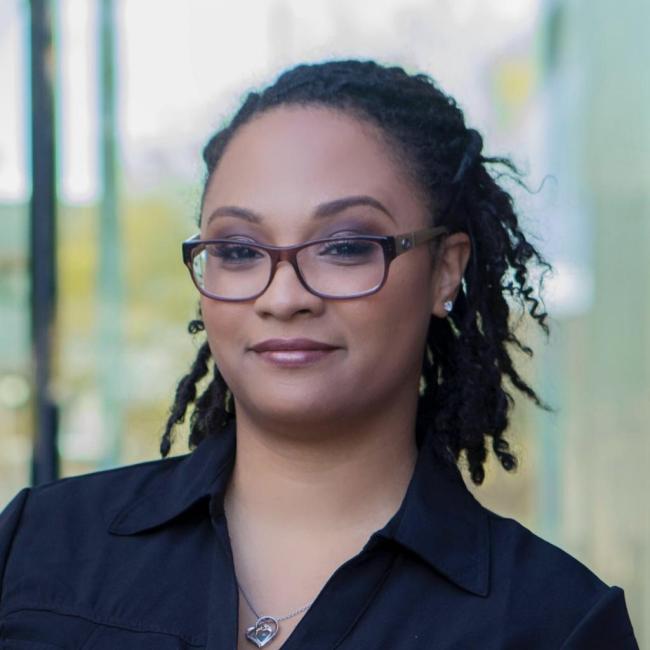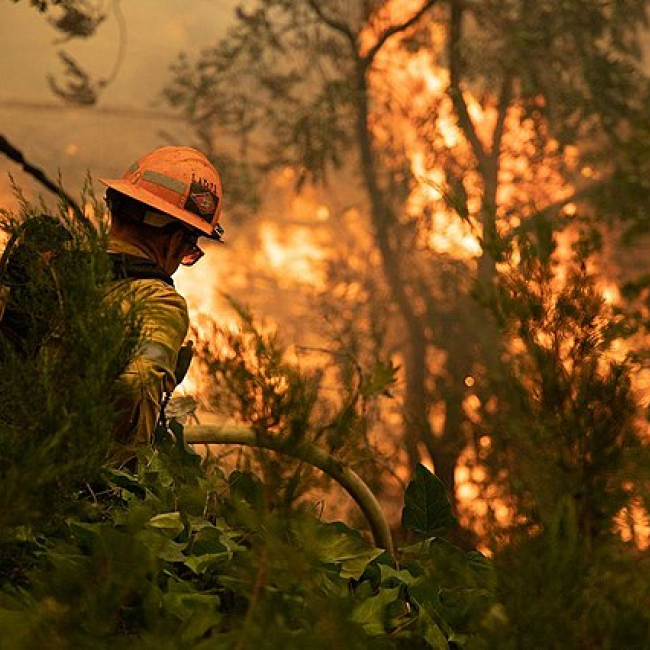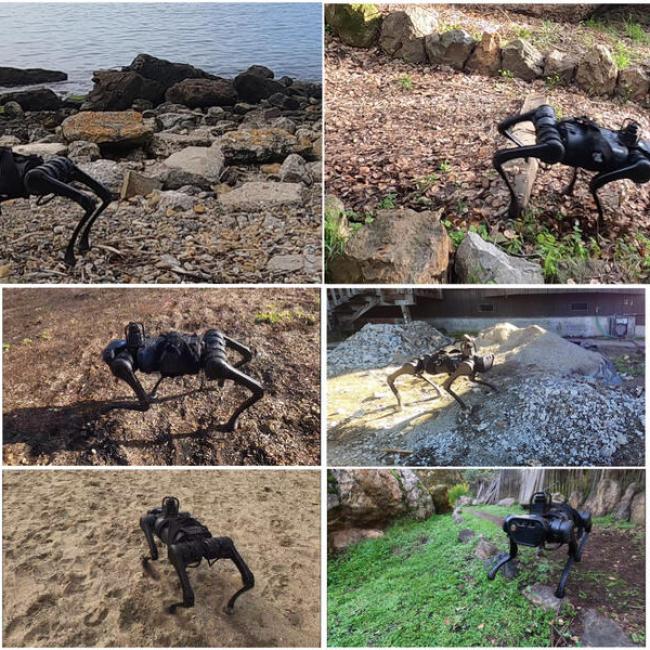Hani Gomez, Ph.D.: Computing pedagogy at the nexus of technology and social justice
As an electrical engineering Ph.D. student at UC Berkeley, Hani Gomez specialized in microrobotics, often working in clean rooms designed to keep out dirt and dust. But over the course of her five years of study, she became increasingly interested in a part of academia that’s not so precise nor neat and tidy -- implicit bias, racism and their effects on the university and broader community.
As Project Jupyter celebrates 20 years, Fernando Pérez reflects on how it started, open science’s impact and the value of diversity in coding
Twenty years ago, UC Berkeley Associate Statistics Professor Fernando Pérez started one of the foundational tools for analyzing large amounts of data in a transparent and collaborative way. We spoke with Pérez about why he started this project, what challenges he’s faced and what to expect from him and Project Jupyter next.
Students help grow data science education, tools globally
As a leading institution in undergraduate data science studies, UC Berkeley seeks to grow a global community in data science education. The Data Science Undergraduate Studies global adoption and infrastructure student teams are spearheading these efforts.
Berkeley unboxing data science program doubles number of interns in second year
The Berkeley Unboxing Data Science (BUDS) program nearly doubled its number of interns this summer, building off its 2020 inaugural success teaching data analysis skills to underprivileged high school students.
Data science discovery program students help open accounting data from ancient Mesopotamia
Some UC Berkeley researchers are applying such tools to learn more about the past, like deciphering business and personal transactions recorded on clay tablets in ancient Sumer. Such tablets are drawing international attention with the news that the United States was returning 17,000 tablets and other ancient relics to Iraq at the end of July.
California’s drought is getting worse. In a Q&A, Laurel Larsen explains how data science can help
California is amidst a period of intensifying drought. As of July 8, Governor Gavin Newsrom (D-Calif.) had issued drought emergency declarations for 50 of the state's 58 counties and had urged local residents to voluntarily reduce their water use. Californians have seen dry periods like this before that prompted water scarcity concerns. But climate change is increasing the frequency and severity of these events, leading to increased public health and environmental concern.
UC Berkeley, Georgia Tech and USC launch new National Artificial Intelligence Research Institute
UC Berkeley and two others won a five-year, $20-million award to create the
Maria Smith: Falling into the arms of sociology and finding a voice for social justice
Growing up in Rochester, N.Y., Maria Smith got a close-up look at how the penal system perpetuated racially biased policies and decided to study law so she could make a difference.
Her father, who has since passed away, struggled with addiction and had been incarcerated several times. In fact every male relative on her dad’s side has been incarcerated, “making it almost a rite of passage,” Smith said. Her family lived in poverty, was sometimes homeless and by age 18, Smith had had enough.
Computing and data sciences improve what we know about wildfires and how to fight them
Our understanding, planning, and response to wildfires benefit from connections with data and computing sciences, UC Berkeley researchers say.
Recent developments in machine learning and simulations can help first responders detect fires earlier, predict fires’ paths and limit blazes quickly. Through collaborations with practitioners in other fields like microbiology and forest management, these tools are answering previously intractable questions about fires that can inform policy and practice.
New AI strategy enables robots to rapidly adapt to real world environments
Delivery services may be able to overcome snow, rain, heat, and the gloom of night, but a new class of legged robots is not far behind. Artificial intelligence algorithms developed by a team of researchers from UC Berkeley, Facebook, and Carnegie Mellon University are equipping legged robots with an enhanced ability to adapt to and navigate unfamiliar terrain in real-time.

